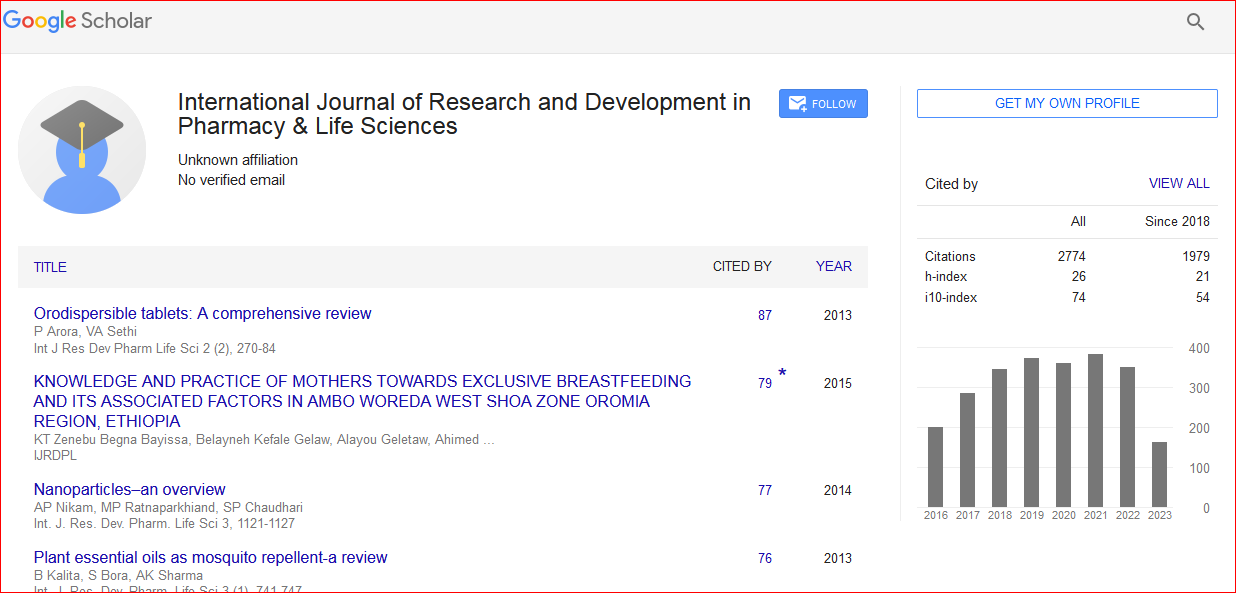Case Report
COMMUNITY PHARMACIST IMPACTS ON SELF-MEDICATION MANAGEMENT AMONG RURAL DWELLERS, KWARA STATE CENTRAL, NIGERIA
Abstract
The role of pharmacist has not only advanced from traditional medication dispensing but also to direct patient care and pharmaceutical interventions aiming at enhancing the populace wellbeing.
Objective: The objective of this research was to assess the impact of rural community pharmacist on drug self-medications and disease prevalence among rural settings in the Kwara State Central, Nigeria. .
Method: This study was conducted between September, 2011 and February, 2013 in eight rural communities on 730 respondents, following a six-week pilot study on 50 respondents. Respondents aged 30 years and over and regular clients of the community pharmacy were included into the study. Self-medications were assessed using pre-tested and validated questionnaire. Pharmaceutical interventions were carried out on the respondents by the clinical pharmacist at every two months for eighteen months. Descriptive statistics and regression analysis were for the computation of the data.
Results: Male respondents were one third of the population studied, while female had the highest percentage of 69.9%. Respondents between the age of 40 and 50 years dominated with 42.3% and majority (88.1%) of the rural residents were illiterates. Farming was the core livelihood of the respondents and survived on less than ten thousand naira Nigeria money ($63) per month. Among the combinations of drugs abused by the respondents, the regimen containing combination of (prednisolone, diclofenac and paracetamol) had the highest users. The least used combination was (Ibuprofen, Diclofenac plus Prednisolone). These combinations were taken two times daily by the majority participants. The most common reasons given for self-medications were osteoarthritis (31.1%), poverty (17.4%), general body pain (14.3%), lack of health facilities (4.6%), ignorance (4.3%) among others. The intervention offered by the pharmacist had reduced the mean systolic blood pressure significantly (p<0.05) from 161mmhg to 129 mmhg and diastolic blood pressure from 104mmhg at baseline to 86 mmhg. Post-intervention evaluation revealed the impact of the pharmacist, as the respondents with dyspepsia at baseline significantly (p<0.05) reduced from 220 to 53 participants.
Conclusion: Pharmacist interventions on self-medication of drugs greatly enhanced patient healthcare in the rural communities.

 Spanish
Spanish  Chinese
Chinese  Russian
Russian  German
German  French
French  Japanese
Japanese  Portuguese
Portuguese  Hindi
Hindi 
